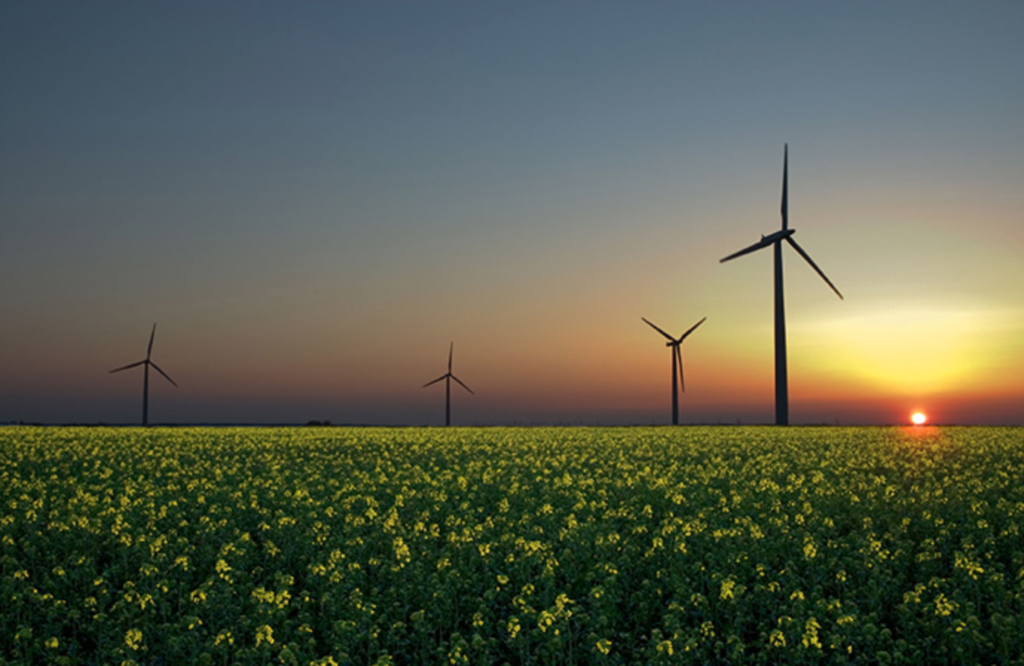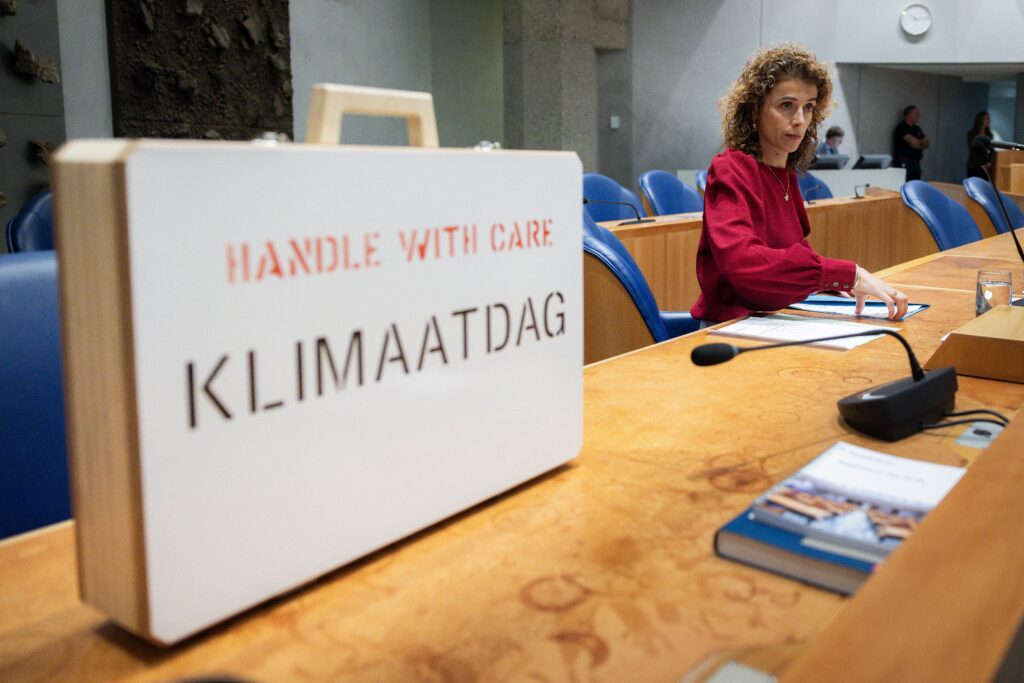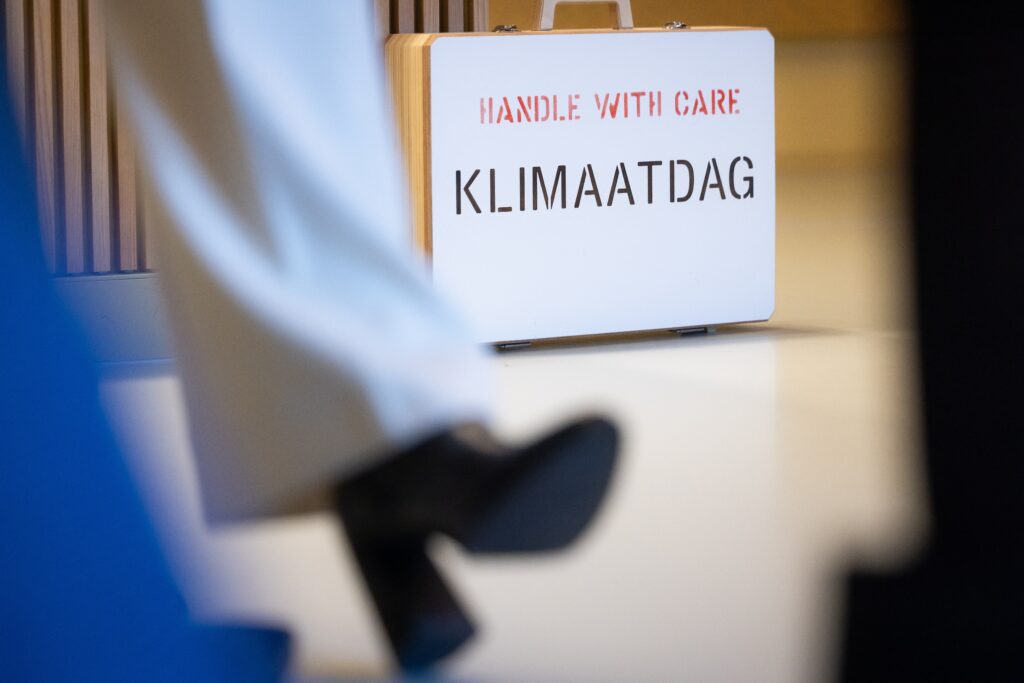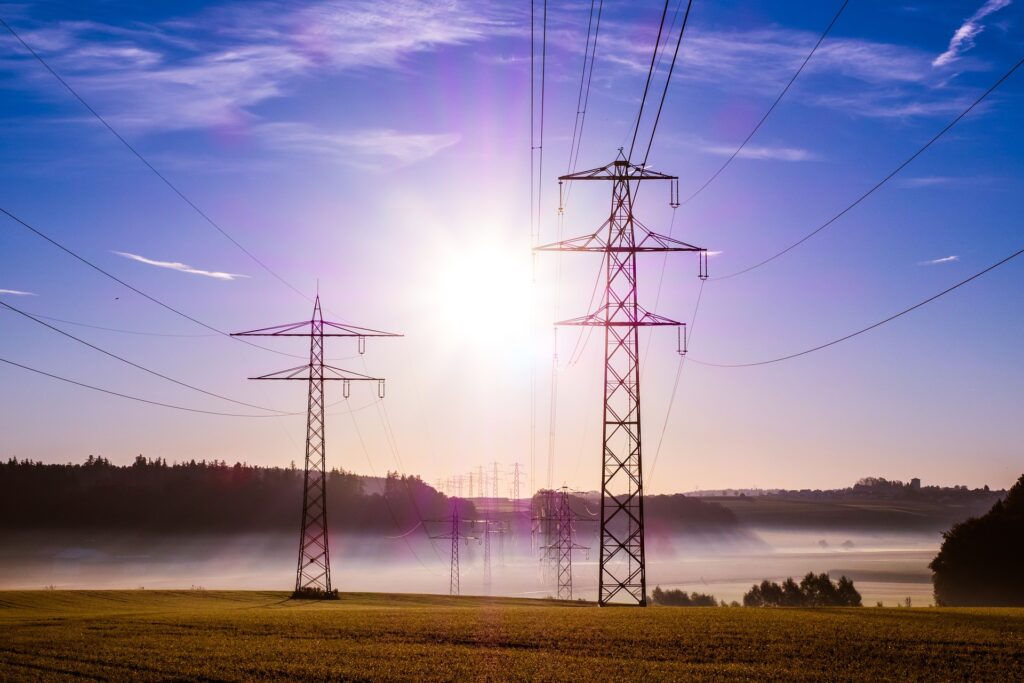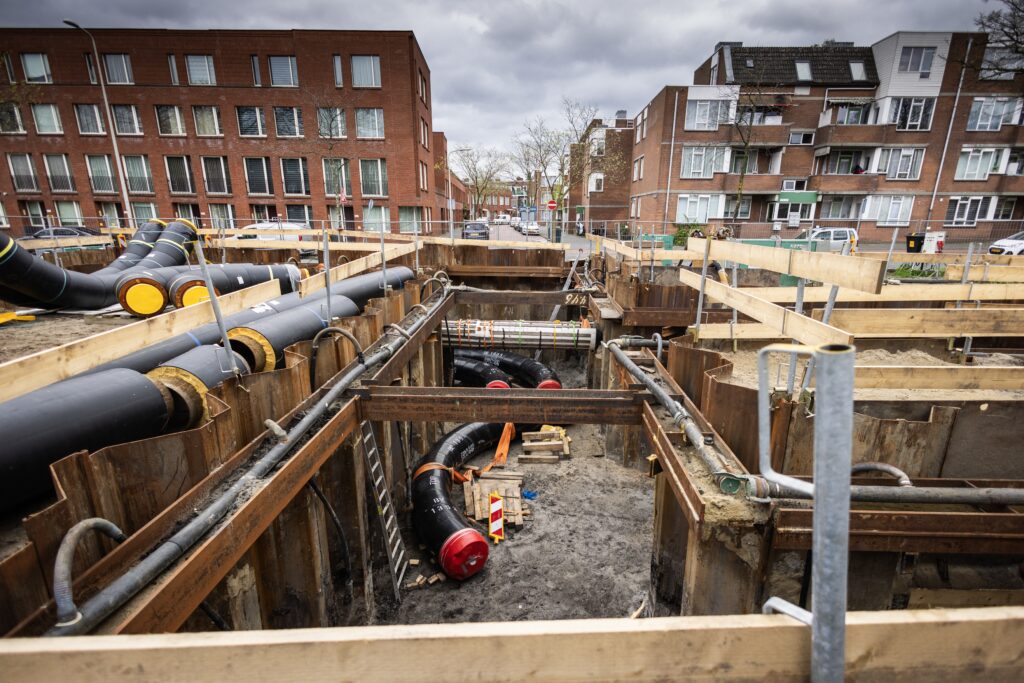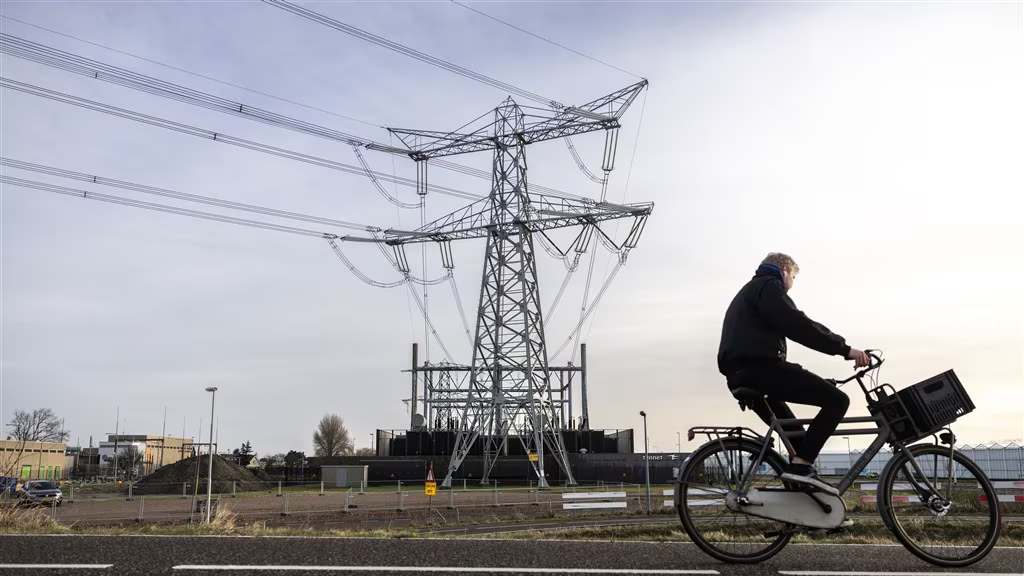The energy and climate calculation of the election programs was presented by the Netherlands Environmental Assessment Agency (PBL) on November 8. The participating parties, VVD, GroenLinks-PvdA, D66, ChristenUnie and Volt, largely set the same goals but place different emphasis on the necessary policy. Energie-Nederland has looked at relevant topics and what they mean for the energy transition.
CO2 reduction The differences in CO2 reduction between the parties seem large at first glance, ranging from 46% to 65% in 2030. However, the results are closer together when you correct this for the electricity production that is shifted to abroad. According to Energie-Nederland, this underlines the need to critically assess new government plans to see whether the global climate is also improving. For example, the recently established limitation of the input exemption for gas-fired power stations is leading to a shift towards less clean electricity imports.
CO2-free adjustable power & grid congestion All five parties adopt the goal from the Spring Climate Decision and the National Energy System Plan to achieve a 100 percent CO2-neutral electricity sector by 2035. D66 wants to achieve this, for example, by introducing a blending obligation for hydrogen in gas-fired power stations from 2031. In addition, there must be more certainty for offshore wind and hydrogen and that is why the ChristenUnie and GL/PvdA want Power Purchase Agreements and/or (Two Sided) Contracts for Stimulate Differences (CfDs). The PBL did indicate that the proposed measures taken by all parties are insufficient to achieve a CO2-free electricity system by 2035. The parties are all actively working to resolve grid congestion. For example, the VVD wants to introduce the possibility of concluding group contracts and the Christian Union proposes reduced network rates for storage.
Biomass and Carbon Capture and Storage The five parties are divided over the role of biomass in the future energy system. GL/PvdA wants to stop subsidies for biomass as soon as possible. The VVD, on the other hand, states that the energy sector can realize a biomass power plant with CO2 capture in 2030 without subsidies. GL/PvdA wants to set a ceiling for Carbon Capture and Storage (CCS), while the VVD and ChristenUnie, on the other hand, want to release additional subsidies for CCS. Everything is necessary to achieve the climate goals, which is why Energie-Nederland emphasizes that we do not have the luxury of rejecting or limiting technologies in advance.
Sustainability Industry The current EU ETS system ensures a sharp decrease in European emissions. Parties want to accelerate this trend through price incentives, standards and subsidies. GL/PvdA, D66 and Volt therefore argue (preferably in a European context) to see what production still needs to take place in the Netherlands or elsewhere in Europe. These three parties are also in favor of tightening the CO2 tax. VVD and the ChristenUnie want to prevent a leakage effect (production and the associated emissions move abroad) through an exemption from the higher CO2 tax if companies have bottlenecks in sustainability, such as an overloaded electricity grid.
Built environment All five parties want to make the built environment more sustainable, but differ in the pace at which they see this happening, the role of green gas and the ownership situation for heating networks. Volt and GL/PvdA have set the ambitious goal of achieving a climate-neutral built environment by 2040. D66 keeps the possibility open to compensate for emissions in the built environment after 2040. The VVD and ChristenUnie anticipate that more time is needed to make the built environment climate neutral. The PBL indicates that the 2040 target lacks the necessary obligation and supporting policy to be achieved.
Energy tax No clear policy has been drawn up for the energy tax on electricity and natural gas. D66 and GL/PvdA want the tax on natural gas to be relatively heavier than on electricity to encourage electrification. Volt actually taxes electricity more heavily. Energie-Nederland emphasizes the importance of not taxing electricity more heavily than gas. That makes electrification less attractive. No clear policy has been drawn up for the energy tax on electricity and natural gas. D66 and GL/PvdA want the tax on natural gas to be relatively heavier than on electricity to encourage electrification. Electricity is actually taxed more heavily at Volt. Energie-Nederland emphasizes the importance of not taxing electricity more heavily than gas. That makes electrification less attractive.
In conclusion Energie-Nederland is positive about the ambitious objectives of the parties and the concretization of their election programs through the PBL calculation. However, a number of issues still require a lot of attention to achieve the goals. For example, the next cabinet and House of Representatives must critically examine the possible leakage effects of the measures that prevent emissions worldwide from decreasing or even increasing. Sufficient supporting policy must also be developed to provide certainty to hydrogen producers and customers.

